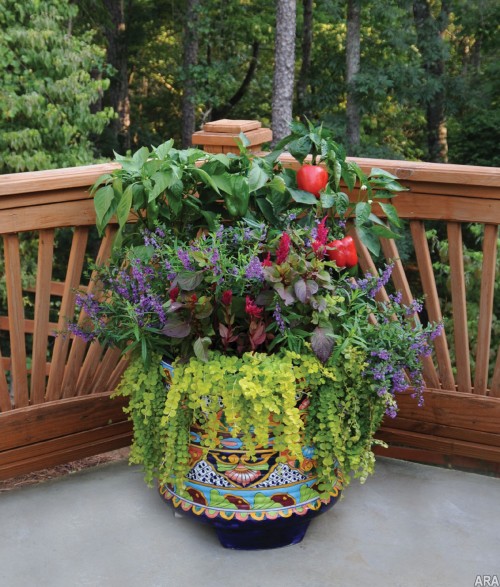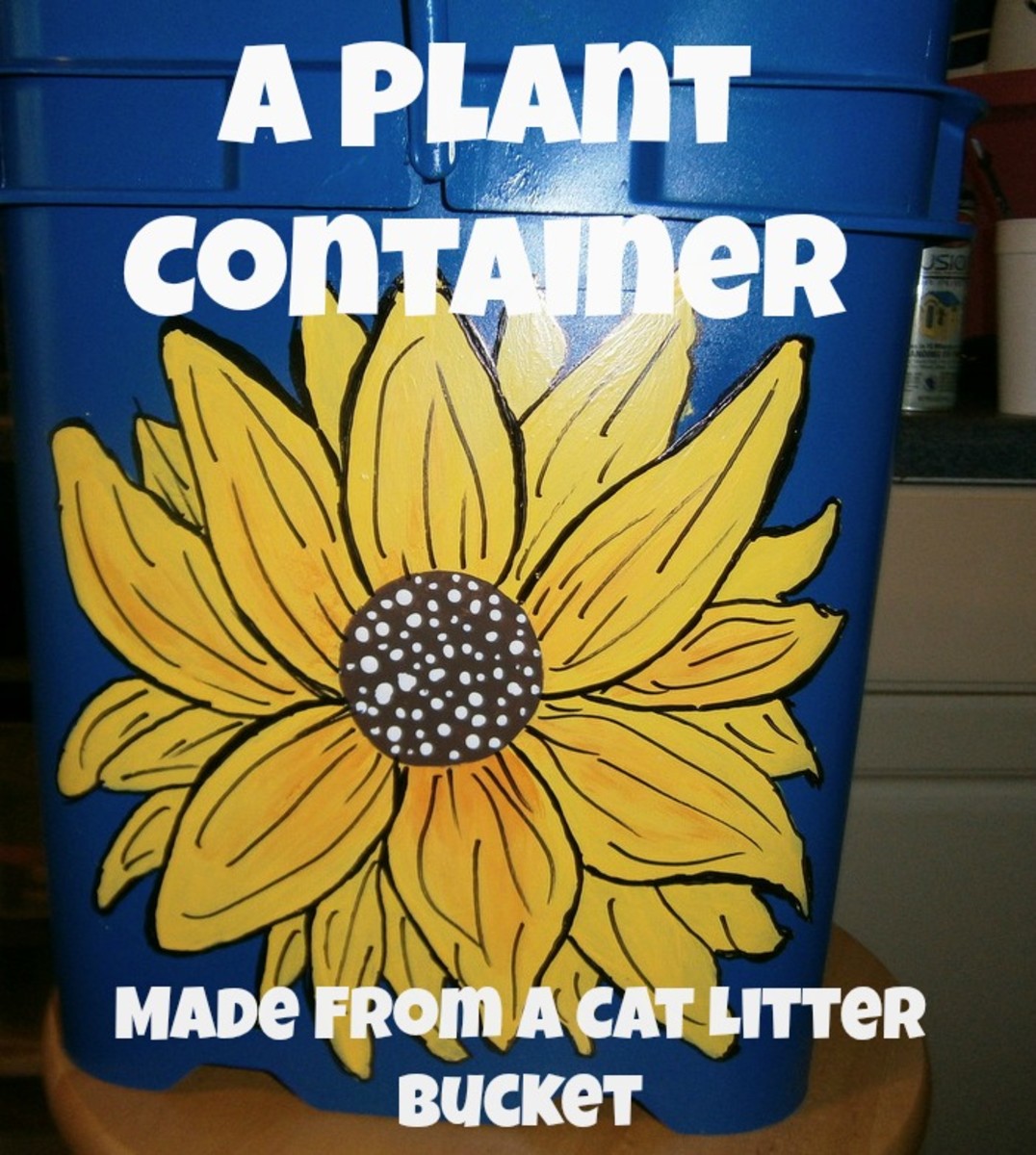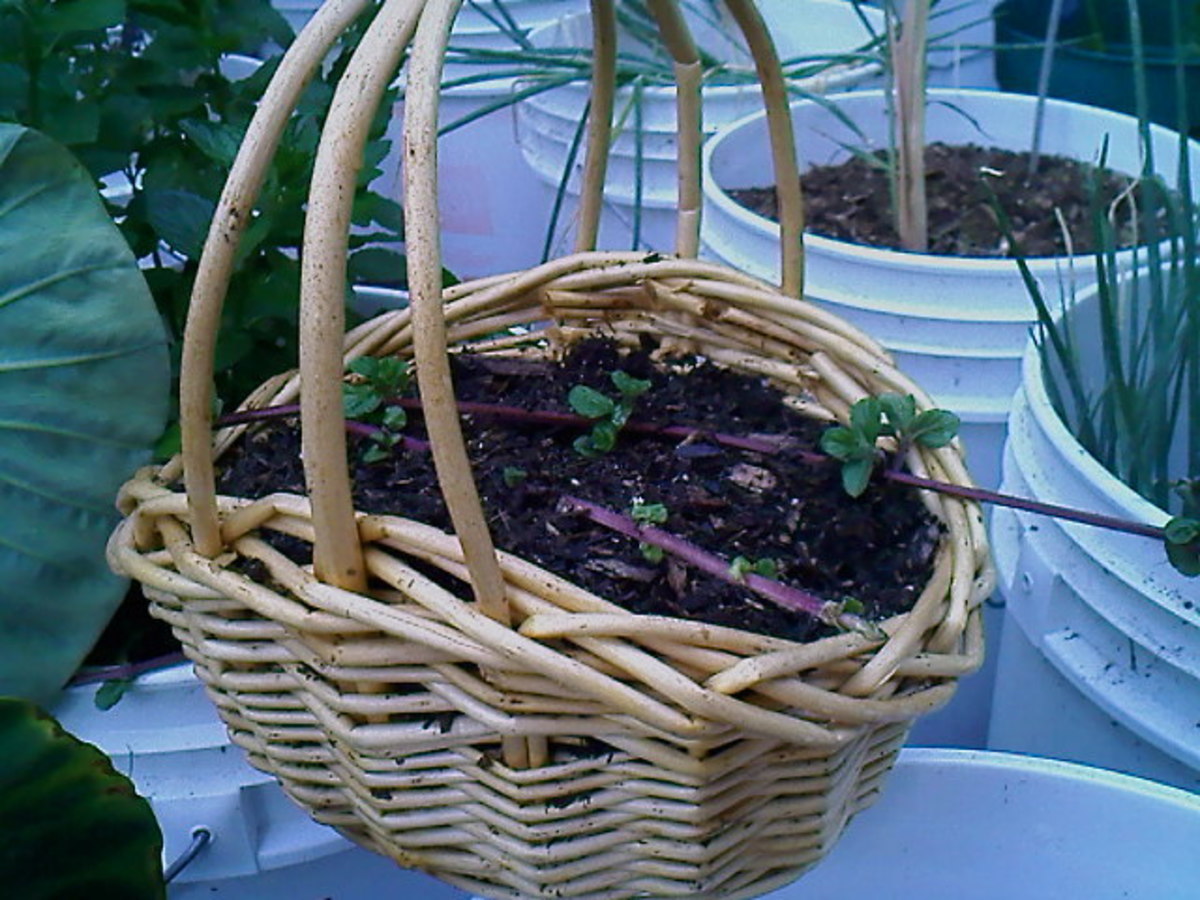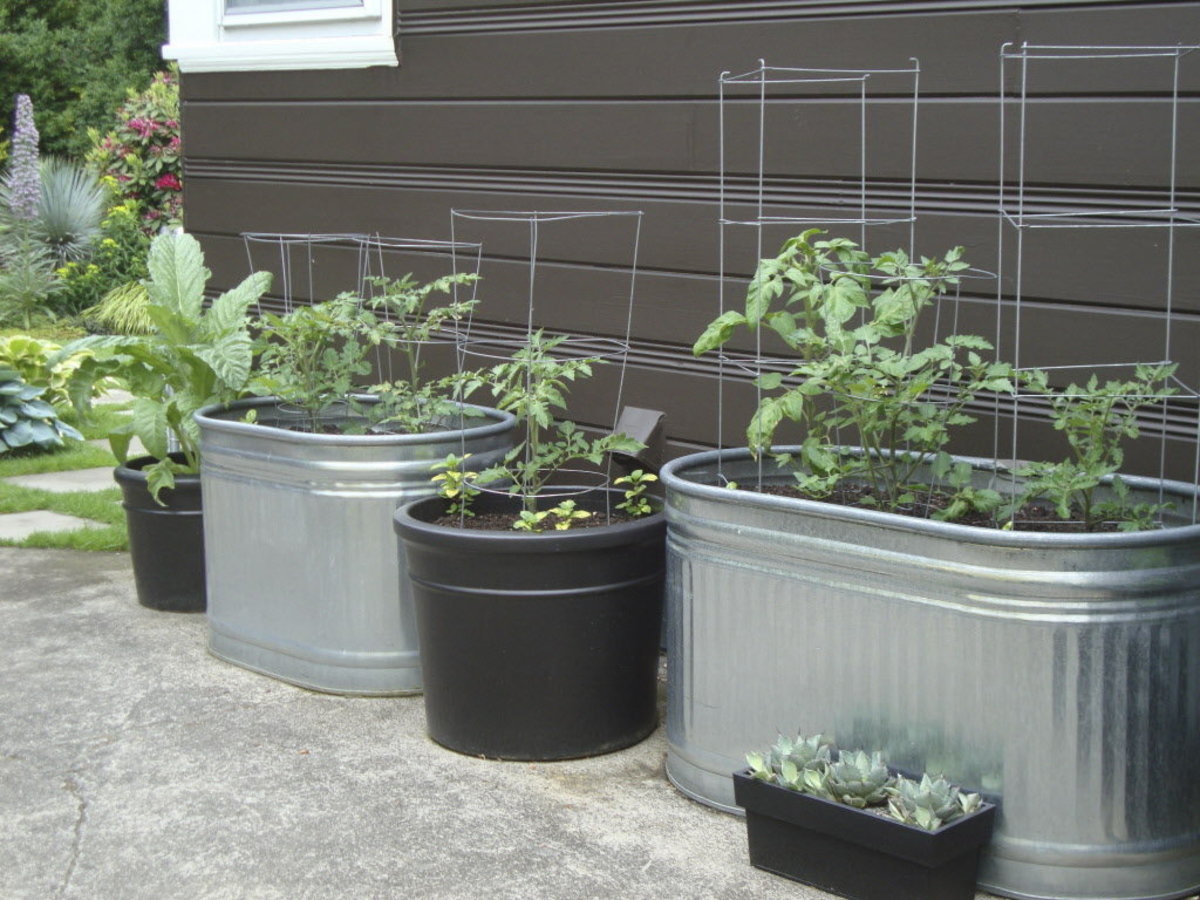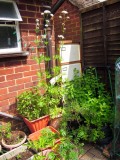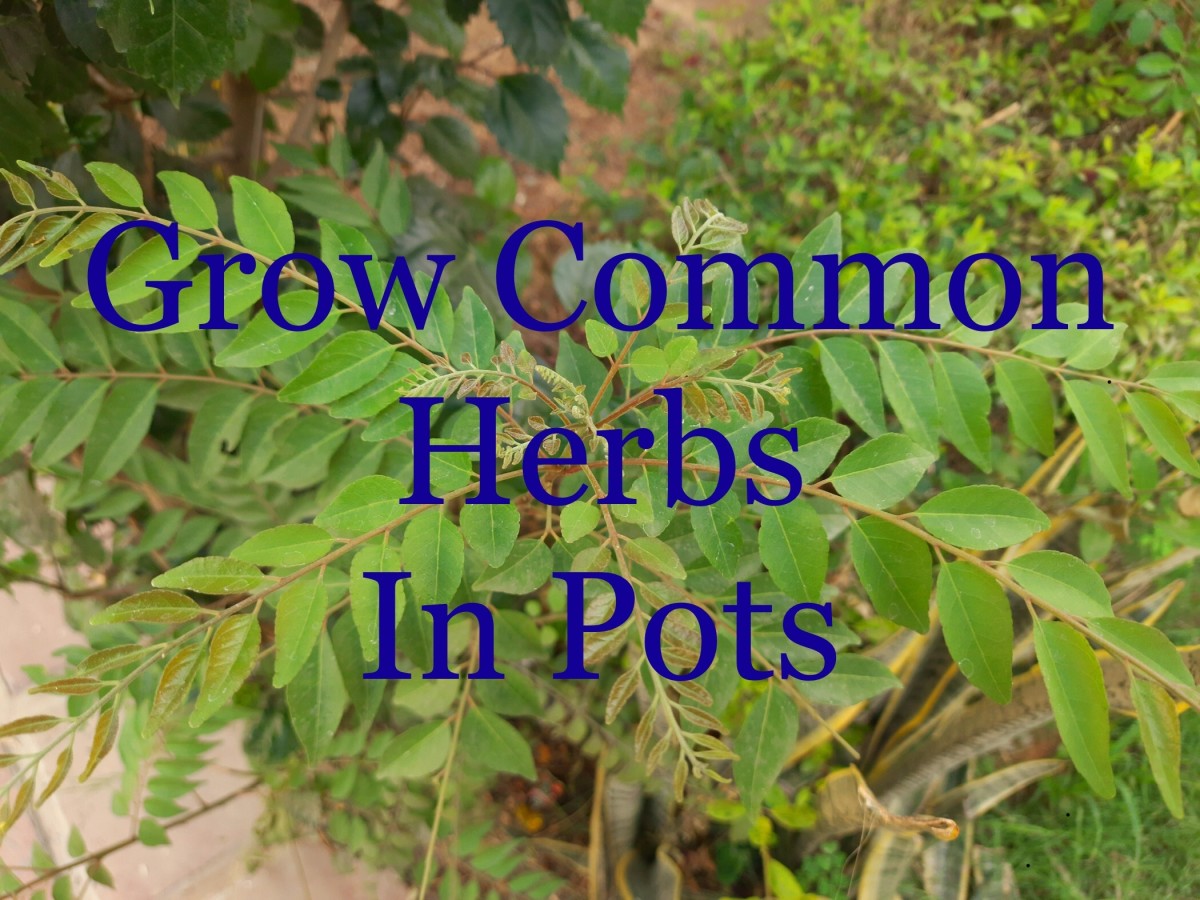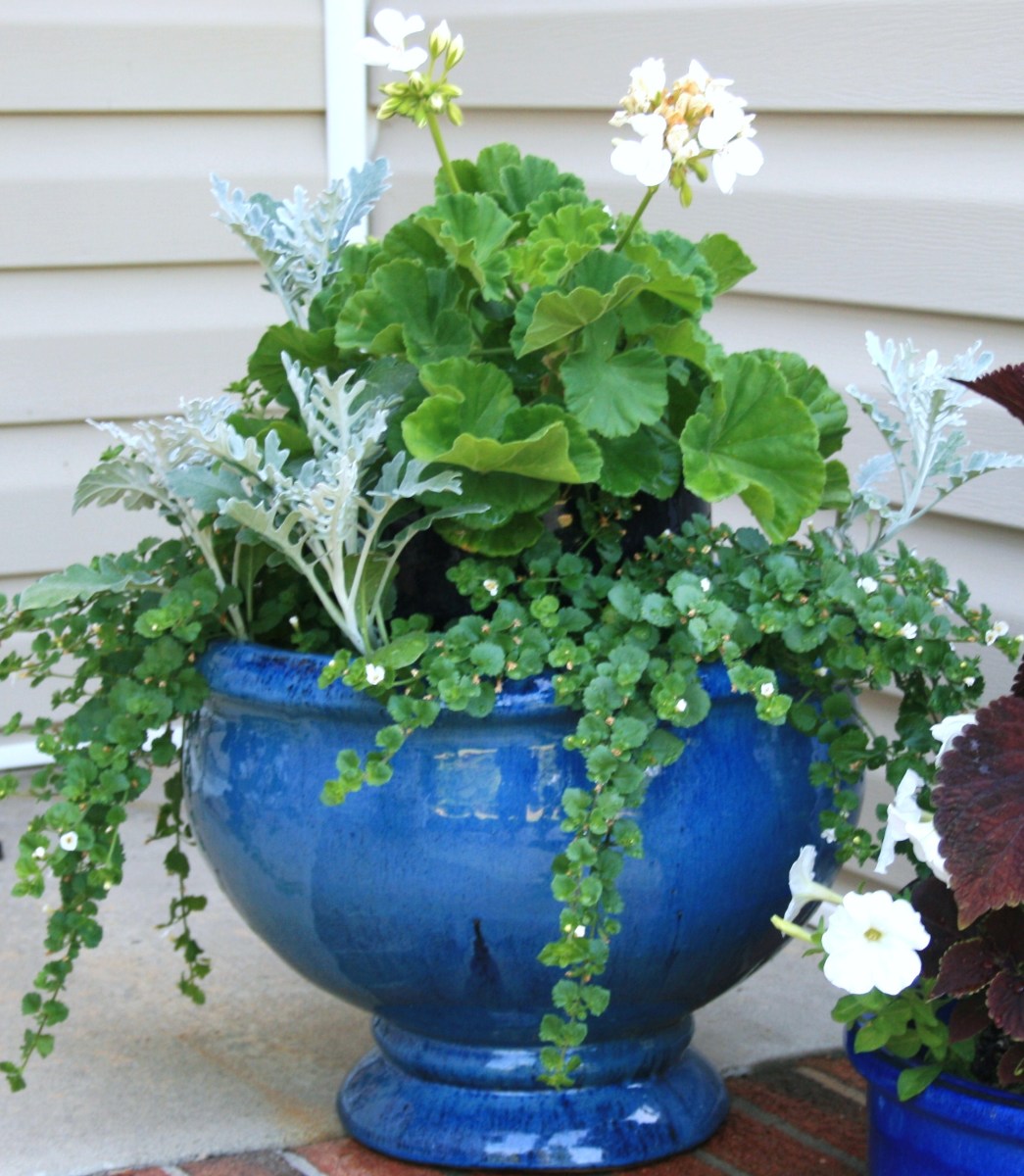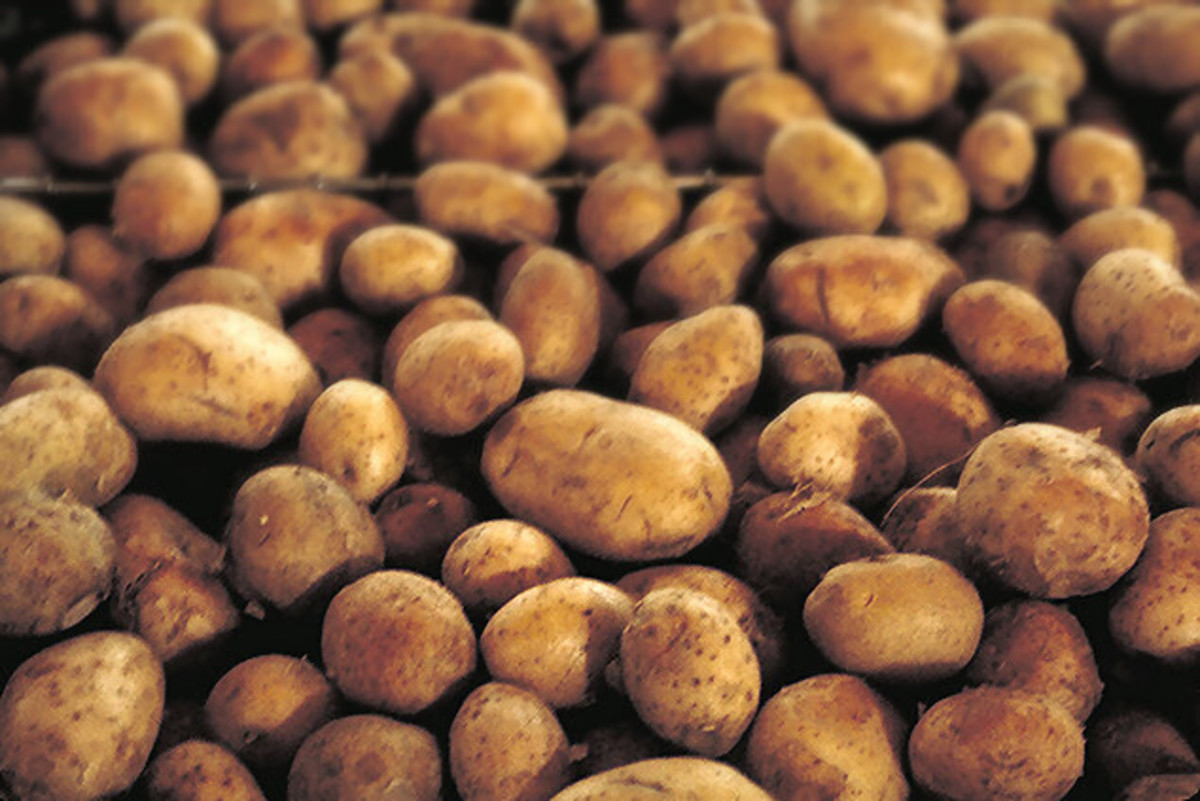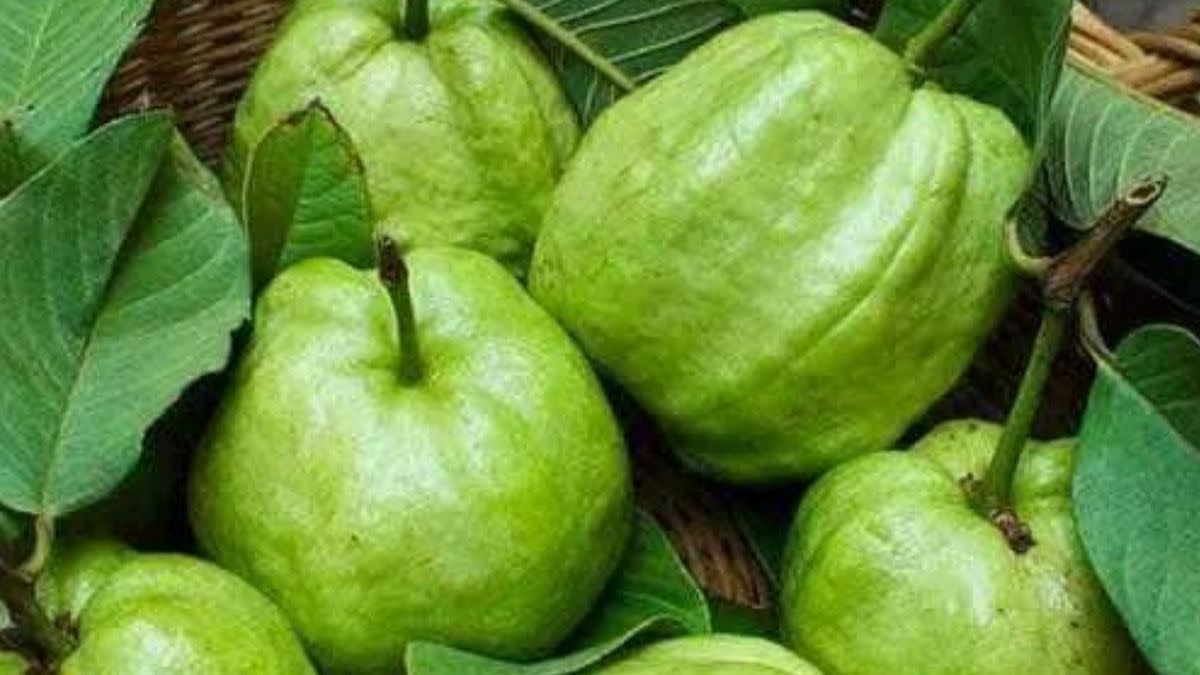A quick guide to container gardening
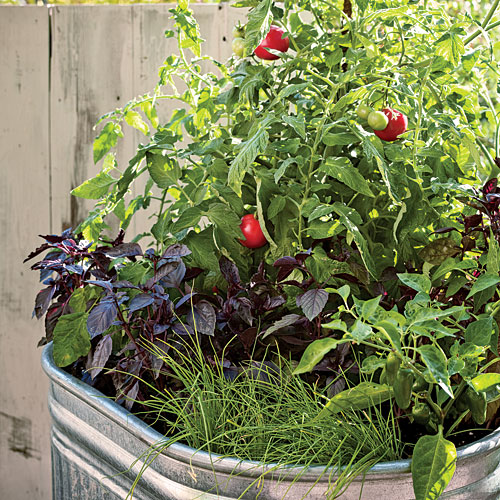
There has been a large uptick in the interest of growing food in places where food may not usually be grown. I’ve recently read articles of people with vertical gardens in Brooklyn. How do you take a small space and convert it into useable ‘arable’ land? One way is through the use of container or potted gardens.
An ideal place for a container garden would be on a balcony or patio, where you may not have direct access to soil. By using pots or containers you are able to control nearly every aspect of the plant you are growing. If the area you are using is covered (like on a balcony in multi-story building) you will want to make sure your containers do not have drainage holes. If you are using a patio that is open to the sky, you’ll want to use containers with drainage holes – otherwise a heavy rain may fill your container and drown your plant.
There are many plants that bear food that you can grow in containers:
- Tomatoes
- Peppers (of all varieties)
- Lettuce
- Kale
- Onions
- Potatoes
- Cucumbers
- Strawberries
- Spinach
- Swiss Chard
- Radishes
- Carrots
- Smaller varieties of squash
Additionally, you can also grow small trees in containers, trees like:
- Kumquat
- Lemon tree
- Lime trees
- Smaller varieties of orange trees
- Bananas
- Bay leaf trees
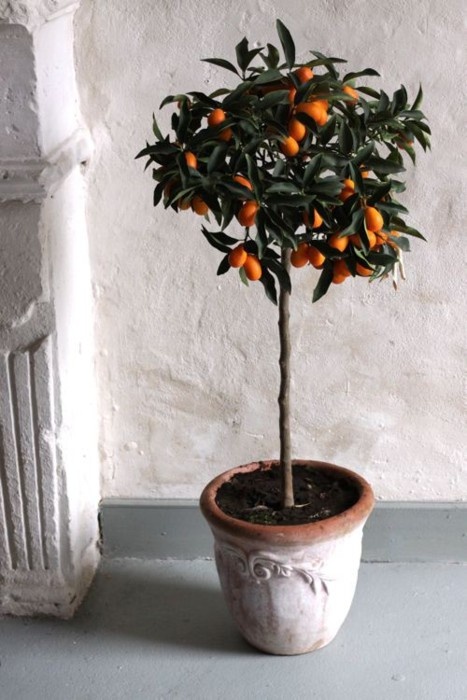
When selecting a plant to grow you need to think about how much root space that plant will need. Lettuce, mesclun and other fast-growing leafy vegetables need very little soil depth. Potatoes, carrots, radishes and other root vegetables need a much more considerable depth to perform well. However, you can use larger pots for dual use. I often grow radishes, carrots, and onions in the same pot that I have lime and kumquat trees in.
Additionally, if you want to focus on a fast-growing easy to grow item, give radishes a shot first. They normally are ready to pick within about 30 days. They need about 8-10 inches of depth in the container, but can grow fairly close to one another (about four inch spacing.) Additionally, they seem to get along with other plants well, so you can plant them on the surface of larger potted trees or plants.
There are also a myriad of herbs and spices you can grow to compliment your kitchen. We often keep several varieties of basil going, rosemary, parsley and thyme at all points. A nice feature of having them in containers is you can bring them in and keep them going when it turns cold.
Tips and tricks to keep your plants happy:
If you are using containers with holes in the bottom place a double layer of paper towels in the bottom of container. On top of that layer of paper towels place a layer of rocks. This will help from having your soil escape from the bottom of the container when it rains.
Place a layer of rock and vermiculite at the bottom of all containers (with or without holes.) This layer of rock and vermiculite helps to act a buffer should you over water the plant.
When selecting soil try to find soil that is light and fluffy. You want soil that is going to hold moisture well and release it slowly. One of the issues with container gardening is you have to water plants often when it is hot out. You are limited to when you can water during the summer months, as you do not want to water at any point when it is hotter than 85/29 F/C degrees outside. Watering plants when it is that hot can cause the leaves to be burned and kill your plants.
I often buy topsoil and supplement it with manure and compost. You want to give your plants as much nutrients as possible without using chemical fertilizers. Chemical fertilizers can have their place in your garden, but only in a limited fashion. Because you are using a container, you can harm your plants by over-fertilizing them. The nitrogen in the fertilizer can burn and even kill your plants if you use too much.
You want a top layer of mulch in your containers. The mulch helps as a water barrier for your plants. It stops your soil from drying out too quickly.
What is your favorite vegetable to grow?
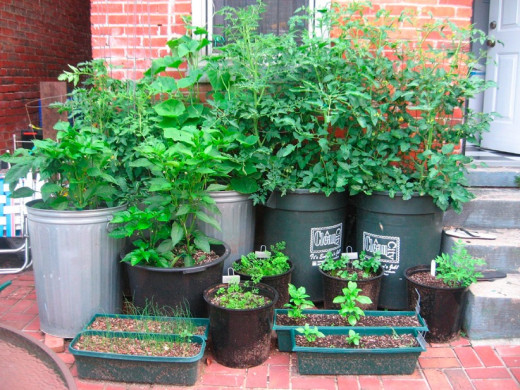
Additionally, container gardens require more care than a regular garden because you’ll need to water more often. This is offset by your lack of needing to weed. I’d rather have to water once a day then have to weed once a week!
There are many creative ways to grow food in small or un-arable areas. Even within the most urban areas, if you have sunlight you may be able to grow some food. Often it’s much more food then you’d expect from such a small space! Go out and give it a shot, I think you’ll be impressed!
Your imagination is the limit to what you can grow in a container!
